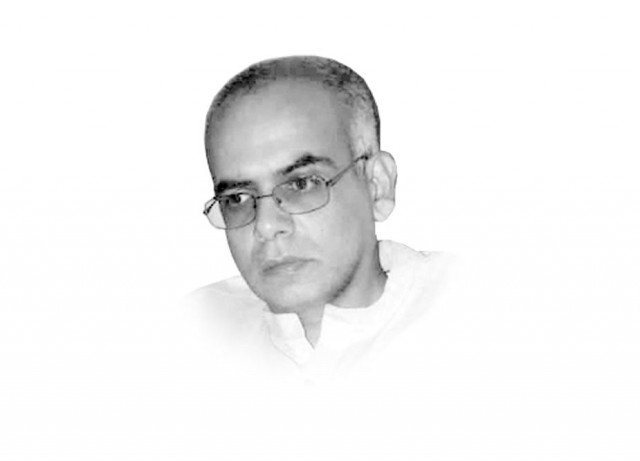Inescapable impact of inequality
Widespread deprivation surrounds scant pockets to abundance and privilege

The writer is a development anthropologist. He can be reached at ali@policy.hu
Development economists have used the term relative poverty to describe the phenomenon of lingering inequality in the world. There is a plethora of lenses through which the consequences of the problem of inequality can be discussed, given that it has environmental, socio-cultural, and political implications. As mentioned above, however, this article will draw attention to the psychological dimensions of the growing inequality in our midst.
Research exploring how humans develop a sense of fairness, and whether that quality is innate or learned socially, provides fascinating insights. Experiments with capuchin monkeys have demonstrated how they hate being disadvantaged. Alone, a monkey would eat either a grape or a slice of cucumber. But seeing another monkey get a grape, led the other one to react with visible anger, and reject the cucumber being offered to it. Psychologists have a technical term for this reaction: they call it “disadvantageous-inequity aversion”.
This instinctual aversion to getting less than others has been found not only in chimpanzees, but in dogs too. It occurs in people and seems to develop from a young age. Babies as young as twelve months are seen to prefer fair-minded cartoon animals to unfair ones.
Taking a long view of our history, it makes sense that human beings instinctively do not feel comfortable with inequality. For hundreds of thousands of years, pre-civilised bands of hunters and gatherers were largely egalitarian and reciprocal. The introduction of agriculture, just a few thousand years ago, brought about a social revolution. The need for division of labour created class divisions while enabling increased accumulation, resulting in the phenomenon of inequality. Inequality has grown over time and it is now creating increased stress and social friction within and across societies around the world.
Oxfam recently estimated that 26 people in the world own the same amount of wealth as 3.6 billion people who make up the poorest half of humanity. Besides this obscene amount of inequality, many subtler inequalities exist between the varied sub-layers of our societies.
Hard work and innovation need to be rewarded but there is little justification for the wealth gaps in our world today. Handfuls of people make exorbitant salaries working for corporations, for example, which exploit multitudes of people serving their supply chains on exploitative conditions. The wealthy pass on their affluence to their children, while the children of the poor, have the odds stacked against them, even if they work hard.
These persistent inequalities cause stress and anger among both the haves and the have nots. Closing the wealth gap between the highest and lowest income level citizens can help reduce the cost and impact of not only of health but also social problems (such as violence and social friction).
There is now growing evidence in rich but inequitable countries such as the US or the UK, showing health problems related stress. While we may not have comparable health related data on stress in Pakistan, we have ample evidence to illustrate how inequality breeds social friction, besides the toll it takes on the lives of the poor themselves. Yet, despite all the populist rhetoric, our economic polices remain elite-led and elite-driven, which make closing the gap between the haves and have nots no more than a dream.
Published in The Express Tribune, July 12th, 2019.
Like Opinion & Editorial on Facebook, follow @ETOpEd on Twitter to receive all updates on all our daily pieces.















COMMENTS
Comments are moderated and generally will be posted if they are on-topic and not abusive.
For more information, please see our Comments FAQ